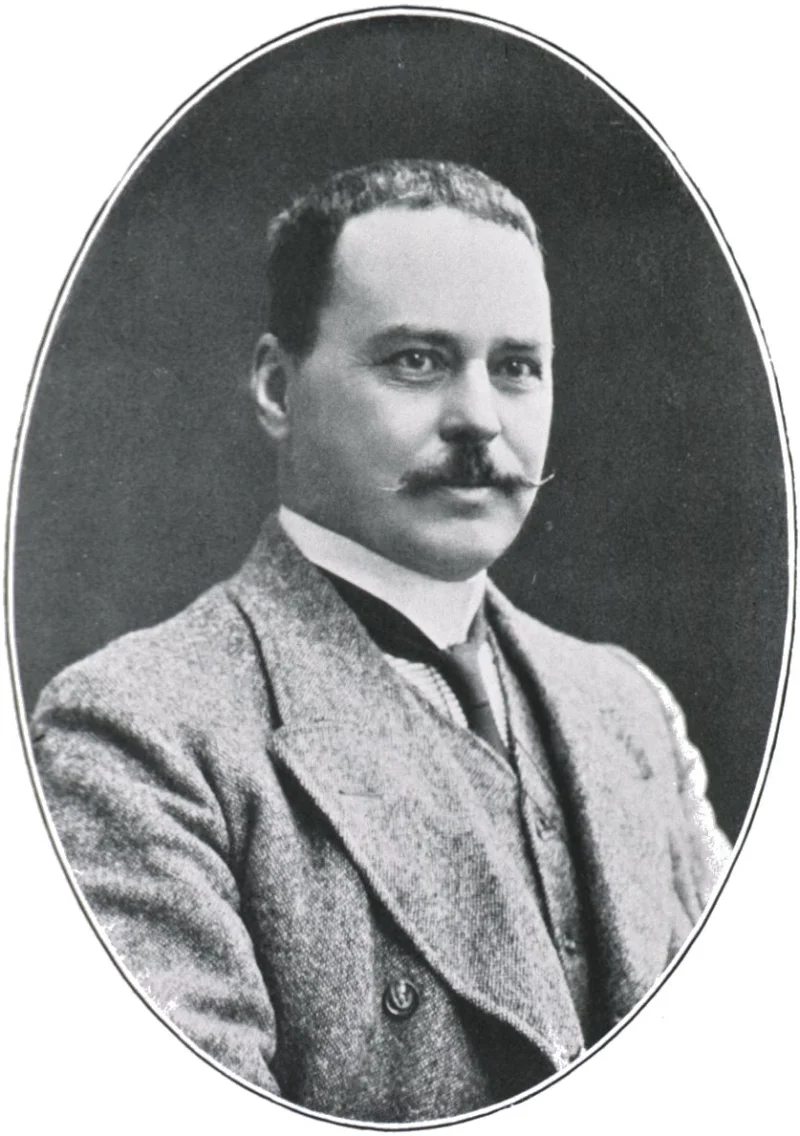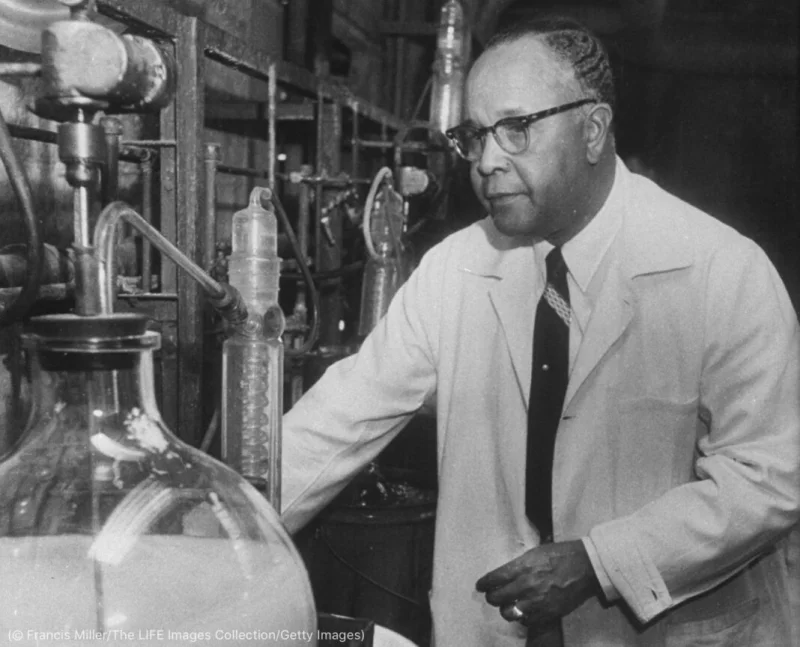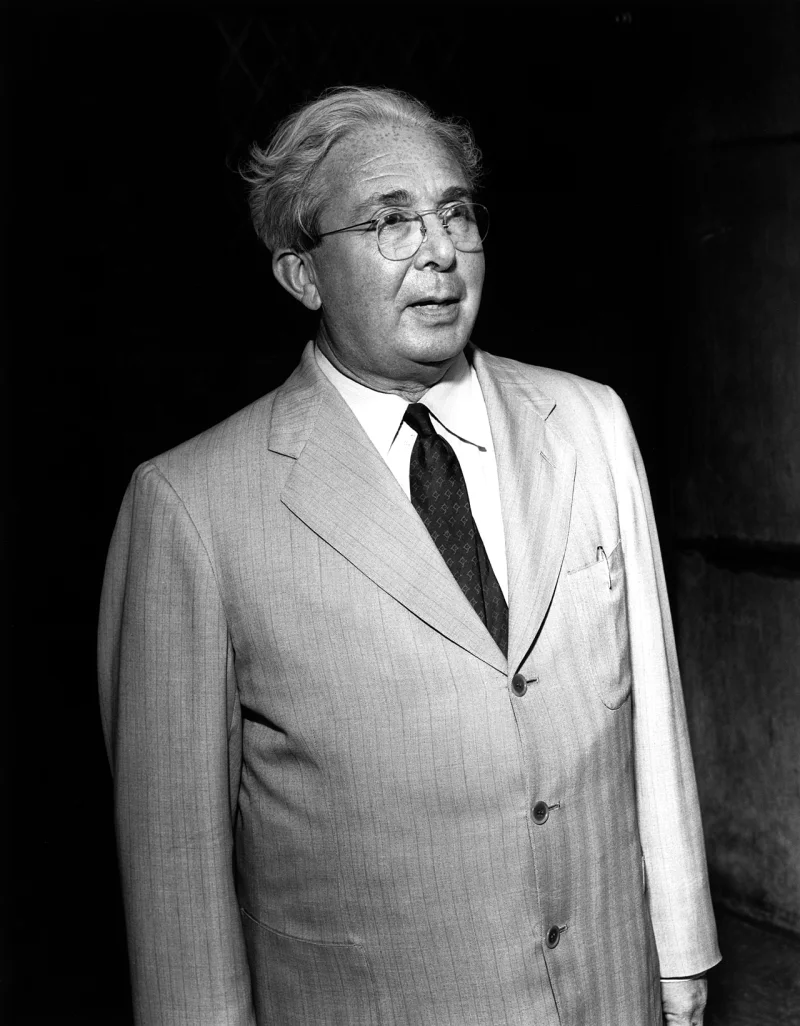Short Summary
Humphry Davy was a pioneering British chemist and inventor, renowned for his groundbreaking work in electrochemistry and the isolation of several elements. His most famous achievement is the invention of the Davy lamp, which greatly improved safety in coal mines. Davy's work laid the foundation for modern chemistry and influenced many future scientists, including Michael Faraday, who was his assistant. His contributions earned him a lasting legacy in the scientific community.
Early Life & Education
Humphry Davy was born on December 17, 1778, in Penzance, Cornwall, England. He was the first of five children in a family of modest means. His father, Robert Davy, was a woodcarver, and his mother, Grace Millet Davy, was the daughter of a local farmer. Davy’s early education took place at Penzance Grammar School and Truro Grammar School, where he showed an aptitude for science and literature. He was particularly inspired by nature and the works of poets and philosophers, which fostered his interest in chemistry and physics. At the age of 16, he was apprenticed to a surgeon-apothecary, which further fueled his passion for scientific experimentation.
Career Highlights
Humphry Davy's career took off when he joined the Pneumatic Institution in Bristol in 1798, where he conducted experiments on gases and discovered the anesthetic properties of nitrous oxide, known as laughing gas. In 1801, he moved to London and became a lecturer at the Royal Institution, where his dynamic lectures captivated audiences. Davy's experiments with electrochemistry led to the discovery of several elements, including potassium and sodium. In 1815, he invented the Davy lamp, a safety lamp for miners, which significantly reduced the risk of explosions in coal mines. His career was marked by numerous accolades, including being knighted in 1812 and serving as the President of the Royal Society from 1820 to 1827.
Major Achievements
- Discovered the elements potassium and sodium through electrolysis, revolutionizing the field of chemistry.
- Invented the Davy lamp, greatly enhancing safety in coal mines by preventing gas explosions.
- Demonstrated the anesthetic effects of nitrous oxide, contributing to medical advancements.
- Published influential research papers and conducted public lectures that popularized scientific knowledge.
- Served as President of the Royal Society, promoting scientific inquiry and innovation.
Famous Quotes
- "Science has done more for the development of western civilization in one hundred years than Christianity did in eighteen hundred years."
- "Nothing is so dangerous to the progress of the human mind than to assume that our views of science are ultimate, that there are no mysteries in nature, that our triumphs are complete, and that there are no new worlds to conquer."
Interesting Facts
- Humphry Davy was a poet and wrote several poems, some of which were published in his lifetime.
- Michael Faraday, a prominent scientist, was initially Davy's laboratory assistant.
- He was known for his theatrical and engaging scientific lectures, which attracted large audiences.
- Davy was knighted by King George III in 1812 for his contributions to science.
- He was a founding member of the Geological Society of London.
Legacy / Influence
Humphry Davy's legacy in the field of chemistry is profound, as he pioneered the use of electrochemistry to isolate elements and laid the groundwork for future research in the field. His invention of the Davy lamp had a significant impact on mining safety, saving countless lives. Davy's dynamic lectures and publications inspired a generation of scientists, including Michael Faraday, who went on to make groundbreaking discoveries in electromagnetism. His contributions continue to be celebrated and remembered in the scientific community.
FAQ
Q: Why is Humphry Davy famous?
A: He is famous for his discoveries in electrochemistry, including the elements potassium and sodium, and for inventing the Davy lamp, which improved mining safety.
Q: What was Davy's role in the Royal Society?
A: Humphry Davy served as the President of the Royal Society from 1820 to 1827, promoting scientific research and innovation.
Q: Who was one of Davy's most notable assistants?
A: Michael Faraday, who later became a renowned scientist himself, was one of Davy's most notable assistants.













